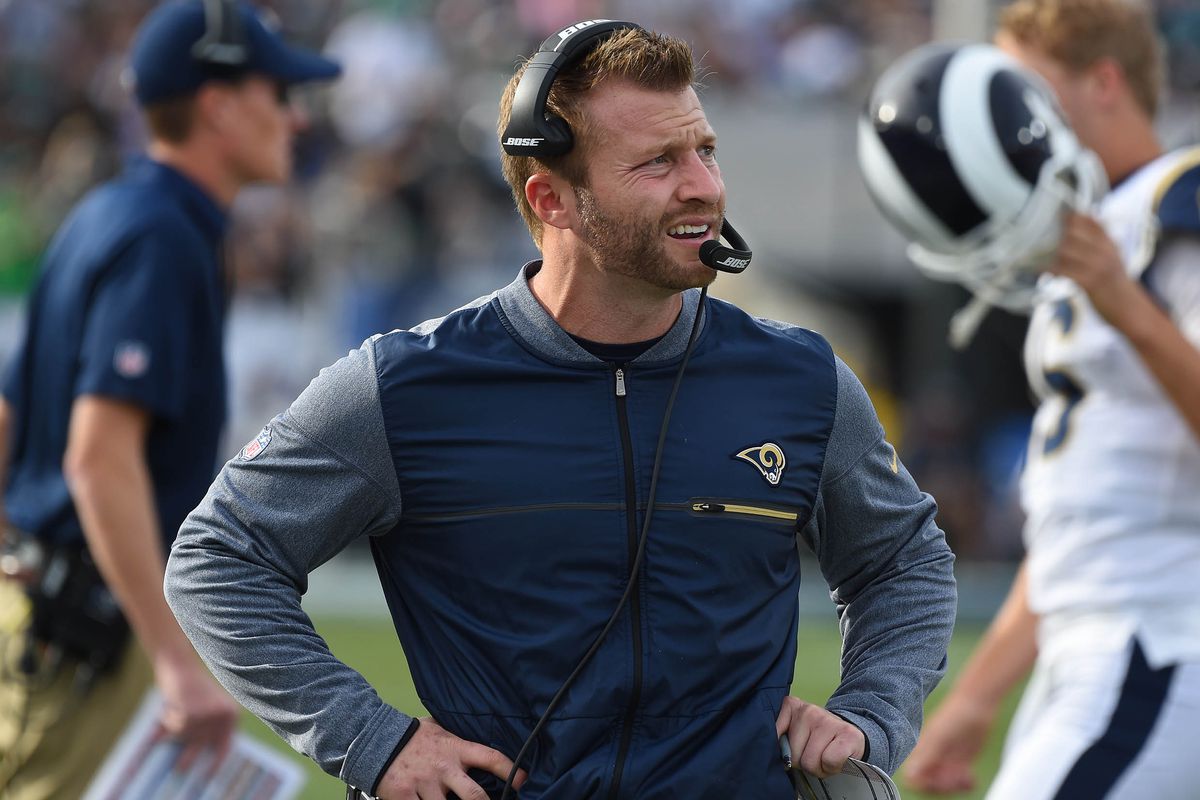Born to Lead: Stories of America’s Youngest Head Coaches
In the high-stakes world of American sports, experience has traditionally been the currency of trust. For decades, head coaches were expected to climb the ranks slowly, earning their leadership roles through years—if not decades—of assistant positions, trial runs, and seasoning. But today, a new breed of coach is shattering those expectations. They are young, ambitious, and unafraid to rewrite the playbook—literally and figuratively.
America’s youngest head coaches are not only changing the age demographic of leadership in sports, they’re redefining what it means to lead. These trailblazers are blending technology with intuition, data with heart, and authority with collaboration. Their journeys are filled with risk, resilience, and reinvention, proving that leadership is no longer just about age—it’s about vision, adaptability, and boldness.
The Rise of the Young Coach
The emergence of younger head coaches in American sports didn’t happen overnight. Several shifts contributed to this evolution: a greater emphasis on innovation and analytics, the need for cultural relevance with younger athletes, and a willingness among franchises and athletic departments to take calculated risks in pursuit of new ideas.
In the past, age was often equated with wisdom and discipline. But in the age of digital sports, social media, and player empowerment, younger coaches are proving that proximity to modern trends and mentalities can be an asset. They speak the language of their players, understand contemporary culture, and are often more willing to collaborate than to dictate.
Sean McVay: NFL’s Wunderkind
One of the most iconic examples of this trend is Sean McVay, who was named head coach of the Los Angeles Rams in 2017 at just 30 years old, making him the youngest head coach in NFL history at the time. Skeptics questioned whether someone so close in age to his players could command respect in the locker room, let alone lead a franchise.
McVay responded by transforming the Rams into one of the NFL’s most innovative and effective offenses. His success was rooted in intense preparation, a deep understanding of the game, and an ability to build genuine relationships with players. In just his second season, he led the Rams to the Super Bowl. By 2022, he had secured a Super Bowl championship, silencing critics and setting a new precedent for youth in leadership.
Julian Nagelsmann: Leading by Example in Global Soccer
Although not American, the story of German-born Julian Nagelsmann, who became the head coach of RB Leipzig at age 32 and later took over Bayern Munich, has influenced perceptions globally—including in the U.S.—about young coaching. His analytical style, heavy use of performance data, and forward-thinking strategies have been studied and admired by coaches around the world.
American soccer, inspired by these models, has begun welcoming younger coaches into Major League Soccer (MLS) and collegiate systems, seeing them not as unseasoned risks but as fresh thinkers who can energize clubs with bold tactics and contemporary leadership.
Ryan Saunders and the NBA’s New Coaching Culture
In 2019, Ryan Saunders became the youngest head coach in the NBA at age 33 when he was appointed to lead the Minnesota Timberwolves. The son of respected NBA coach Flip Saunders, Ryan brought both legacy and a fresh mindset to the team.
His players praised his relatability, open communication, and mental wellness advocacy. While his tenure was relatively short, his appointment signaled a cultural shift in the NBA—one that values emotional intelligence and adaptability as much as Xs and Os.
The NCAA and Youthful Disruption
In college athletics, youthful coaching stars are also rising rapidly. Unlike professional sports, where contracts and media pressure can hinder risk-taking, the NCAA provides fertile ground for ambitious young coaches to make their mark.
Will Wade, who became the head basketball coach at VCU at 33, and later LSU, exemplified this youthful rise. Lincoln Riley, named head football coach of the University of Oklahoma at just 33, took his team to multiple College Football Playoffs and developed Heisman Trophy winners. These coaches combined aggressive strategy with a deep understanding of the collegiate athlete experience.
Younger coaches in the NCAA are often more flexible with schemes, open to innovation, and adept at recruiting because they resonate with high school players and understand their digital-native realities.
Women Coaches Making Bold Moves
It’s not only in men’s sports where young head coaches are making a difference. Young female coaches are climbing the ranks quickly, especially in college sports.
Courtney Banghart, who became head coach of Princeton Women’s Basketball at 29, turned the program into an Ivy League powerhouse. She was later hired by the University of North Carolina to lead their women’s basketball program. Her rapid rise was credited to her relentless work ethic, modern approach to game management, and strong academic and athletic vision.
Missy Lombardi, a former standout player turned head coach of Oregon Softball, took over a high-profile program in her mid-30s and quickly led the team back into national contention. These women demonstrate that age is secondary to preparation, passion, and purpose.
Challenges Faced by Young Coaches
Despite their success, America’s youngest head coaches face unique challenges. Chief among them is credibility. Leading players who may be the same age—or even older—requires a delicate balance of confidence, humility, and clarity.
They also face skepticism from the media, fans, and sometimes their own athletic departments or franchise executives. Every decision is watched closely, and mistakes are often scrutinized more harshly than those of veteran coaches.
Moreover, young coaches must build trust quickly. They often lack the benefit of long-established reputations or connections, so they must rely heavily on performance, communication, and innovation to earn respect.
Burnout is another risk. Taking on high-pressure jobs at a young age, often with limited support systems, can lead to exhaustion, especially in emotionally intense sports environments.
The Advantages of Youth
Still, youth can be a tremendous asset. Young coaches are typically more adaptable to change, more comfortable with new technologies, and more likely to experiment with unconventional strategies. They often foster a more inclusive and player-centric culture, which resonates in today’s evolving sports landscape.
Their leadership is usually more democratic than autocratic, focused on collaboration rather than command. In turn, this often leads to stronger team chemistry, better communication, and a more resilient mental environment for athletes.
They are also digitally fluent, using tools like video analytics, wearable tech, and performance apps to their advantage. Their comfort with these technologies allows them to modernize training regimens, analyze data faster, and individualize coaching.
The Influence of Mentorship
Behind many of these young success stories are strong mentorships. Sean McVay credits much of his early development to working under Jon Gruden and Mike Shanahan. Lincoln Riley learned from Bob Stoops. Many young coaches spend years as assistants learning from top minds before taking the helm themselves.
These relationships are crucial. Mentorship offers young coaches perspective, guidance, and access to networks that can make all the difference. The best young coaches recognize that leadership doesn’t mean knowing everything—it means knowing how to learn, when to ask for help, and how to build the right team around them.
Building the Next Generation
The rise of America’s youngest head coaches is already inspiring a new generation. In high schools and colleges across the country, former athletes are pursuing coaching with new confidence, seeing that age is no longer a barrier to impact.
Institutions and franchises are increasingly investing in leadership development programs, offering internships and entry-level coaching roles to younger individuals with a passion for strategy and mentorship. The result is a more dynamic and diverse talent pipeline.
Additionally, younger coaches often prioritize developing their successors, creating sustainable programs rather than systems reliant solely on their presence. This long-view leadership is refreshing in a world of high turnover and short-term expectations.










